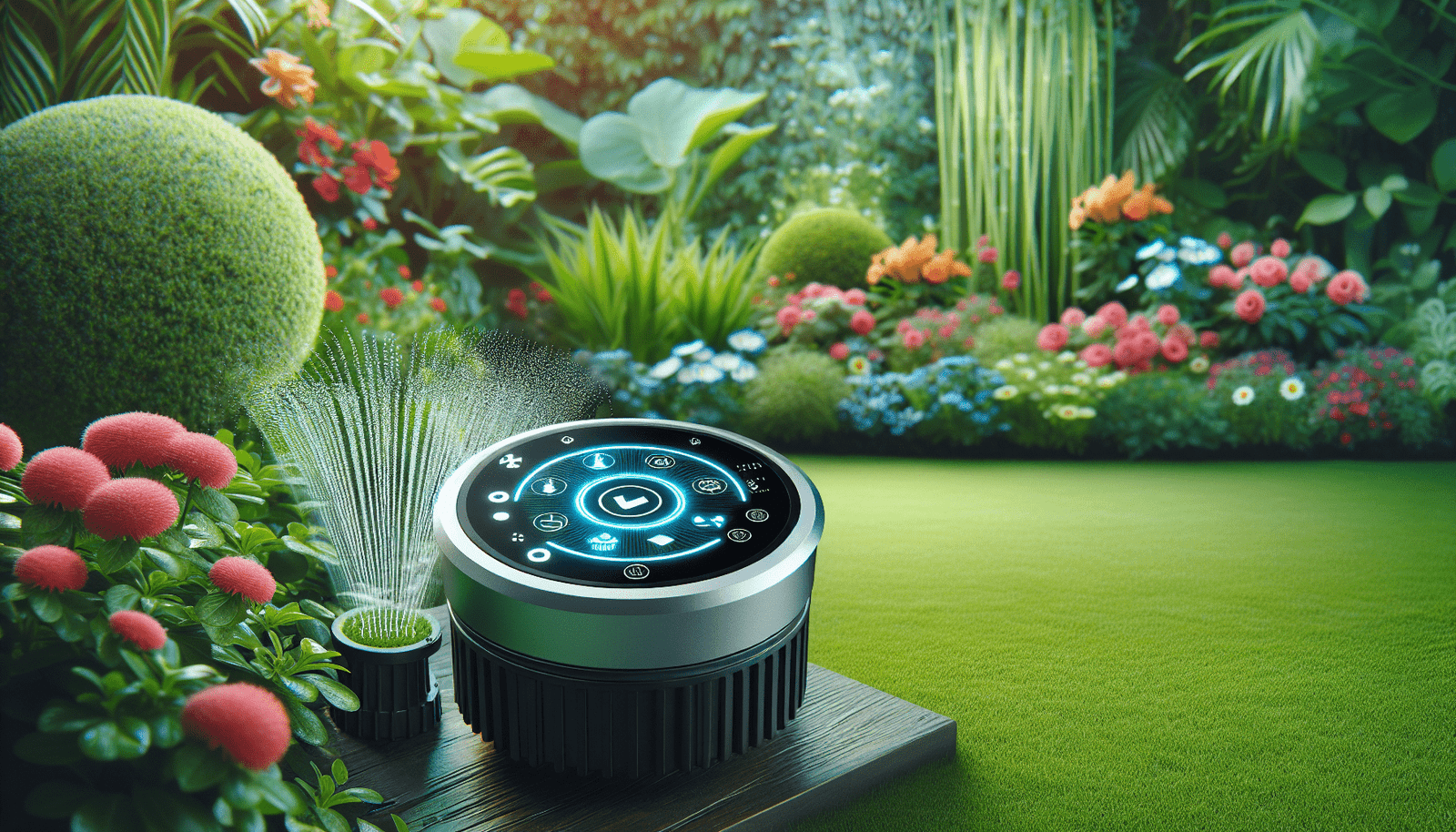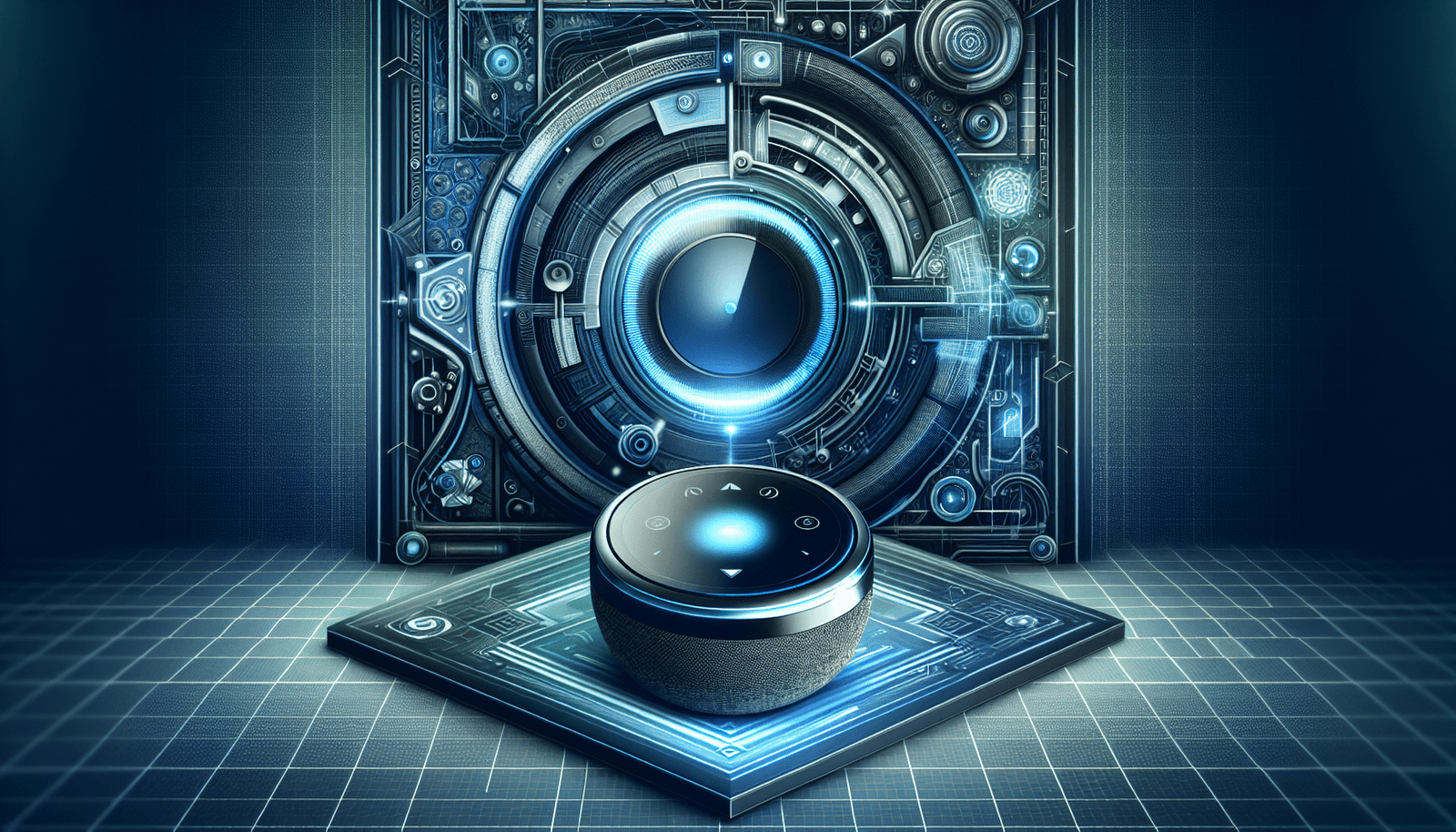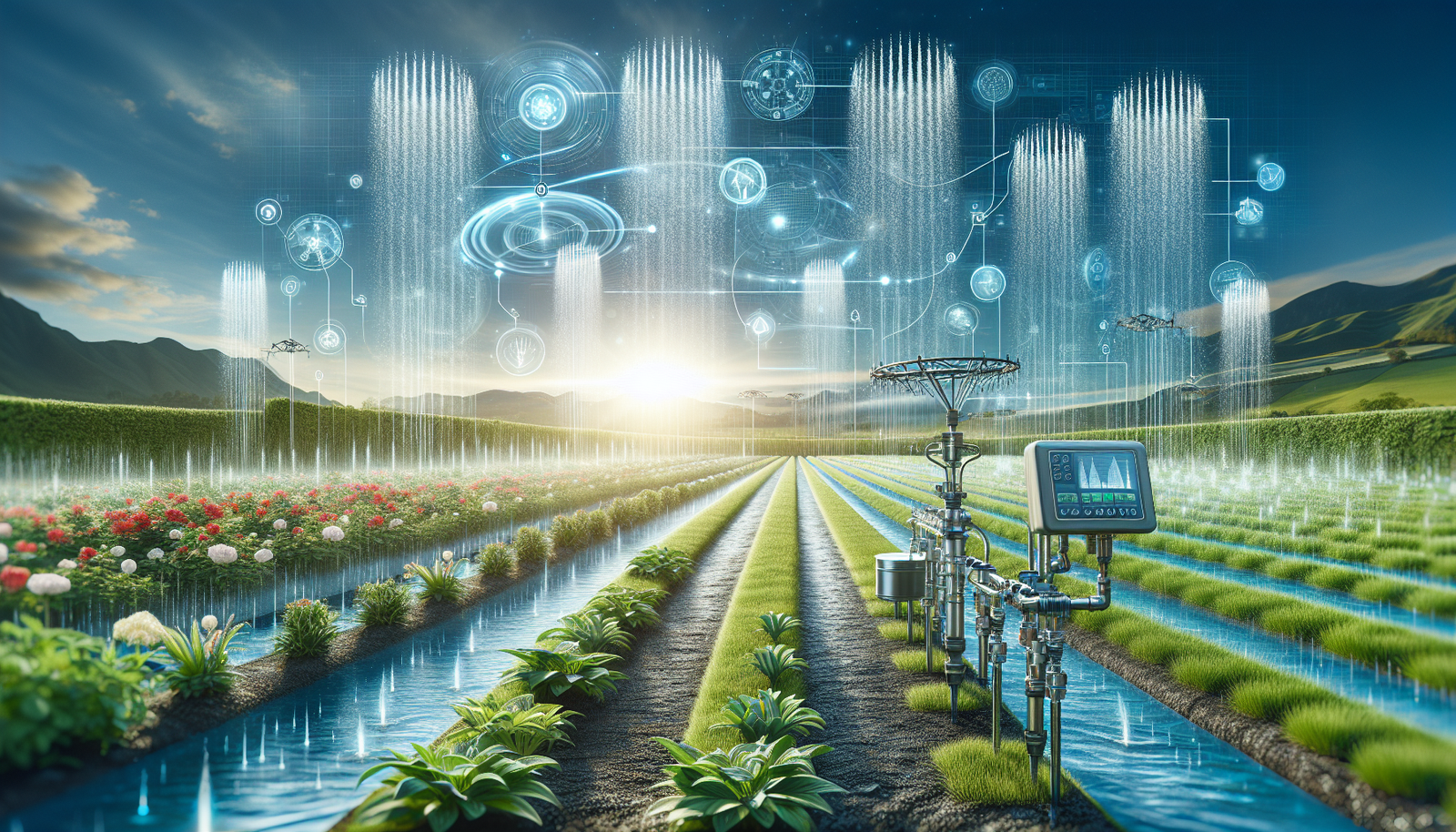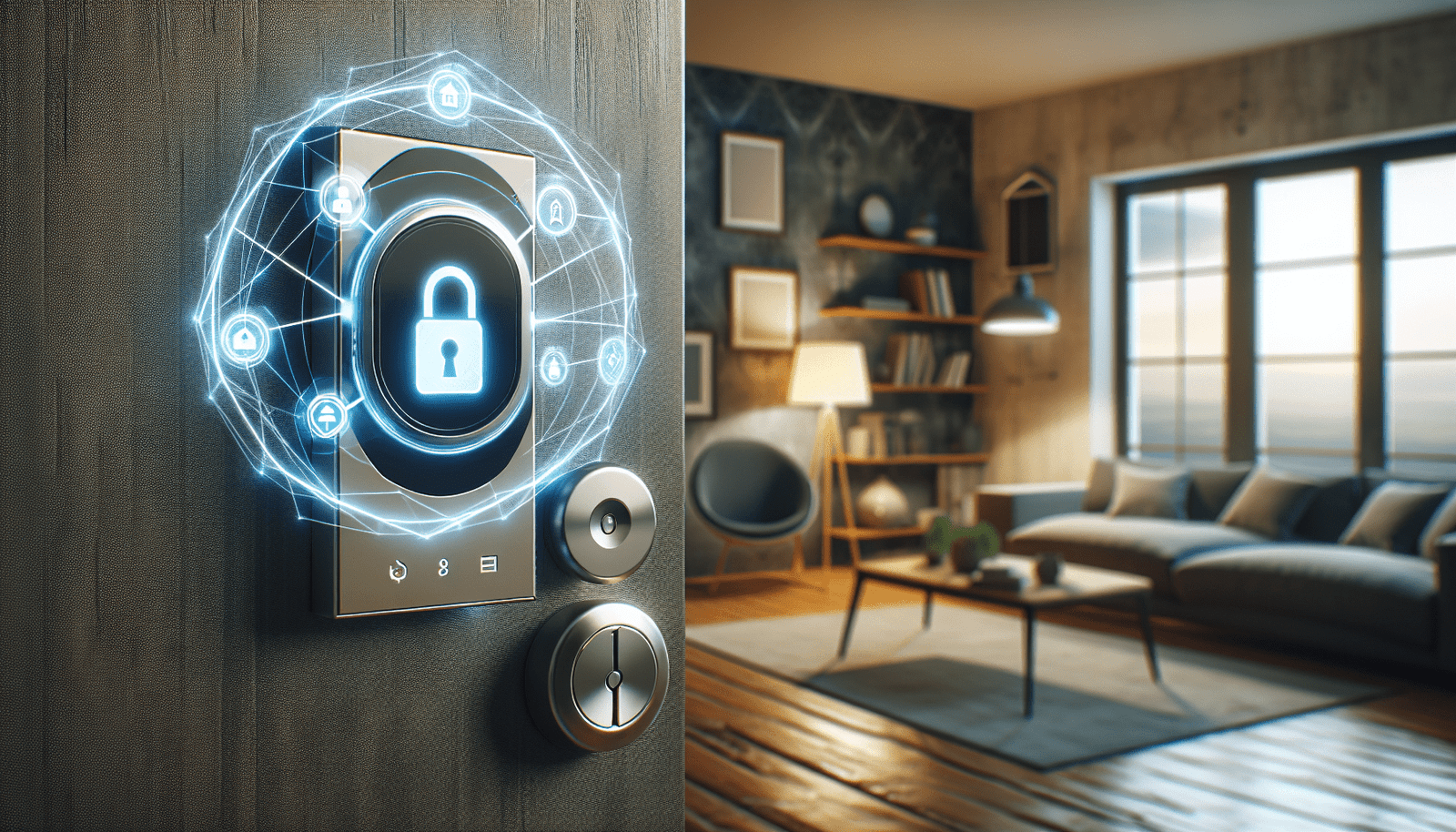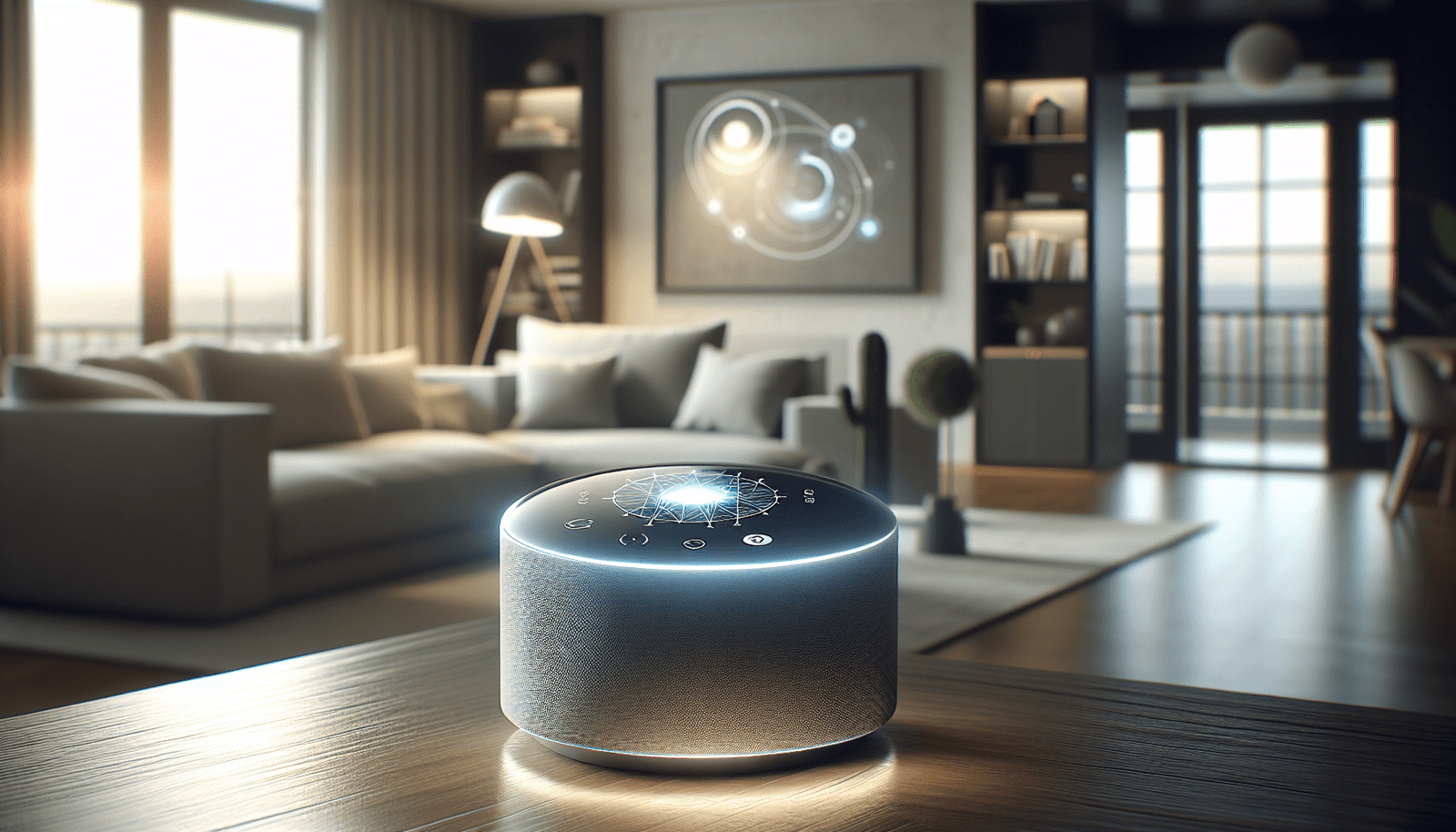Are you considering upgrading your garden watering system, but unsure if a smart irrigation controller is worth the investment? This is a question many homeowners and garden enthusiasts grapple with as they look into more efficient, eco-friendly solutions for their lawns and gardens. It’s understandable that you want to weigh the pros and cons before making a decision. Let’s explore what smart irrigation controllers are and how they work, helping you to determine whether they’re a valuable addition to your home.
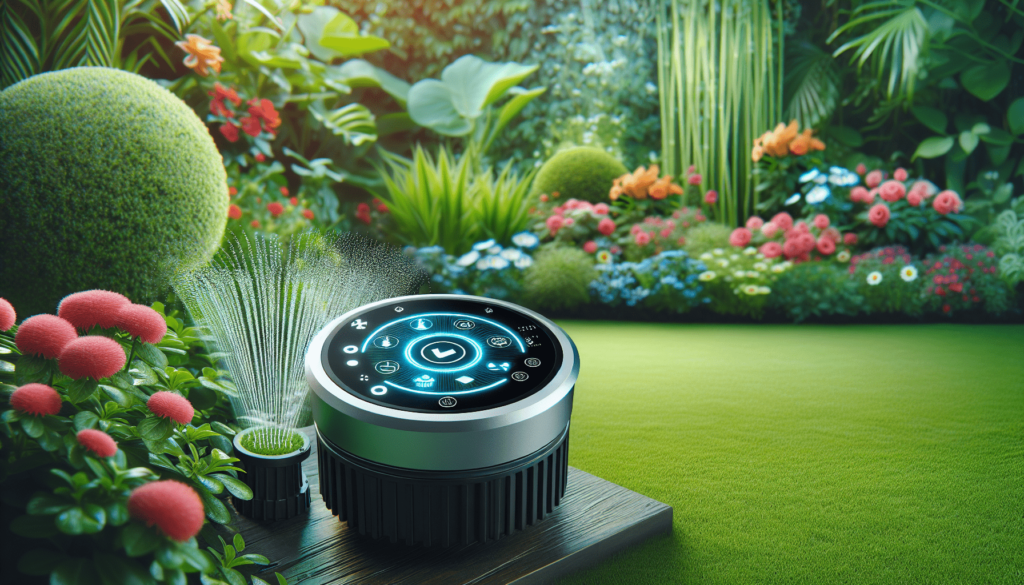
What are Smart Irrigation Controllers?
Smart irrigation controllers are advanced systems designed to manage your landscape’s watering schedule intelligently. Unlike traditional timers, these controllers adjust watering based on local weather conditions, soil moisture, plant types, and other environmental factors. They aim to provide the precise amount of water needed, which can significantly enhance water usage efficiency.
How Do They Work?
These controllers connect to Wi-Fi to access real-time weather data, allowing them to automatically adjust watering schedules. With features like moisture sensors, they can determine when your plants actually need water, which can prevent over-watering. This not only conserves water but also promotes healthier plants by preventing root diseases caused by excessive moisture.
Who Benefits Most From Smart Irrigation Controllers?
Understanding the primary beneficiaries of smart irrigation systems helps in knowing whether it’s the right fit for your needs. Here’s a closer look at who this technology serves best:
Homeowners with Large Lawns and Gardens
If you have a sizable lawn or multiple garden beds, managing the watering manually can be tedious and time-consuming. A smart irrigation controller can handle the logistics for you, ensuring that each part of your landscape receives the right amount of water consistently.
Eco-Conscious Individuals
For those passionate about sustainability and reducing their environmental footprint, smart irrigation controllers offer a compelling solution. They conserve water by ensuring it’s used efficiently and only when necessary, aligning with sustainable living goals.
Smart Home Enthusiasts
If you’re someone who loves gadgets and integrating new technologies into your home, a smart irrigation controller is a perfect addition. These systems often integrate seamlessly with existing smart home devices, allowing you to control your entire household environment from one place.
Gardeners and Landscapers
Dedicated gardeners and professional landscapers will appreciate the plant health benefits these systems offer. By providing the optimal amount of water, smart irrigation controllers promote lush, vibrant growth and reduce the risk of diseases and pests.
Budget-Conscious Users
While the initial investment might be higher than traditional systems, the cost savings over time can make smart controllers attractive for budget-sensitive users. They reduce water bills and minimize the risk of costly damages to plants and landscapes due to improper watering.
Advantages of Smart Irrigation Controllers
Taking a deeper dive into what makes these devices advantageous might help you decide whether transitioning is worthwhile.
Water Conservation
One of the standout features of smart irrigation systems is their ability to conserve water significantly. By using real-time data and environmental conditions to guide watering schedules, they’re more efficient than traditional, timer-based systems.
Cost Savings
Although there’s an upfront cost, many homeowners find that the savings on their water bills quickly offset this investment. Remember, using less water means paying less, and over-watering prevention reduces plant replacement costs.
Plant and Lawn Health
Providing the right amount of water ensures your plants and lawn thrive. Healthy landscapes are more resistant to pests and diseases, reducing the need for chemical treatments and maintenance.
Convenience and Automation
The convenience of automating your irrigation cannot be overstated. Imagine not having to worry if you remembered to turn off the sprinklers or adjust them for unexpected rain. Smart controllers take these tasks off your plate.
Potential Drawbacks to Consider
Considering any potential downsides is as crucial as understanding the benefits when contemplating a new technology.
Initial Cost and Installation
Smart irrigation systems can be expensive upfront, especially if professional installation is required. It’s important to calculate if future water savings warrant the initial investment based on your particular needs.
Wi-Fi Dependency
These devices rely on a steady Wi-Fi connection to function optimally. Without it, they may not adjust schedules according to weather changes, losing efficiency.
Complexity of Use
While advancements have made these controllers user-friendly, there may be a learning curve for those not familiar with smart technologies. Ensuring you’re comfortable with the tech aspect is essential.
Compatibility Issues
Some smart controllers might not be compatible with existing irrigation systems. It is vital to confirm compatibility before making a purchase to avoid additional costs for system upgrades.
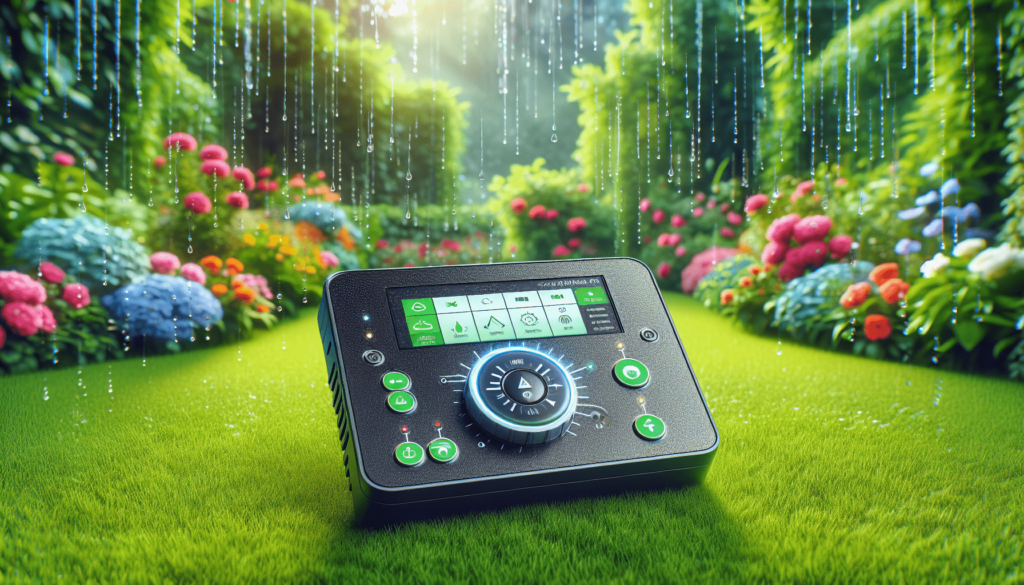
Comparing Smart Irrigation Products
With various smart irrigation controllers available, it’s beneficial to compare some top options to determine which may suit your needs best.
| Brand | Key Features | Price Range |
|---|---|---|
| Rachio | Easy integration, weather intelligence, app control | $$$ |
| RainMachine | Local weather channels, open API, user-friendly interface | $$ |
| Netro | AI learning, remote control, automatic weather adjustments | $ |
| Orbit B-Hyve | Budget-friendly, multiple zones, Wi-Fi enabled | $ |
It’s worth evaluating which features are most important to you. Do you prioritize easy integration with existing smart home systems? Or is budget the primary concern? Different products cater to different preferences.
How to Upgrade from Traditional to Smart Irrigation
Upgrading your current system may seem daunting, but with a strategic approach, it can be relatively straightforward.
Assess Your Current System
Start by evaluating your existing irrigation setup. Determine if your current infrastructure is compatible with smart controllers or if modifications are necessary.
Choose the Right Controller
Based on your needs and preferences, select a controller that aligns best with your goals. Consider compatibility, features, and budget in this process.
Installation Process
Some smart irrigation systems are designed for DIY installation, which can save you money. However, if you are not confident in your ability, hiring a professional can ensure everything is set up correctly.
Configure and Test
Once installed, spend time configuring the system. Adjust settings based on your landscape needs and local weather conditions, and always test the system to ensure it’s working as intended.
Future Trends in Smart Irrigation
As with most technologies, smart irrigation is constantly evolving. Here are some advancements to keep an eye on:
Enhanced Integration
Expect greater compatibility with other smart home devices, allowing for even more seamless control of your home’s environment.
Improved AI Capabilities
With advancements in AI, future systems may predict weather changes and adjust more accurately than ever before, enhancing efficiency and water savings.
Renewable Energy Options
There is a growing interest in integrating solar-powered options, which can further reduce the environmental impact of these systems.
Conclusion
In deciding if smart irrigation controllers are worth it, consider your specific circumstances, needs, and priorities. While they offer numerous benefits, including water conservation, cost savings, and improved plant health, they may not be the perfect fit for everyone. Balancing initial costs with potential long-term savings is crucial in your decision-making process. Ultimately, if you value convenience, technology, and environmental sustainability, a smart irrigation controller could be a wise investment for your home.
Disclosure: As an Amazon Associate, I earn from qualifying purchases.
